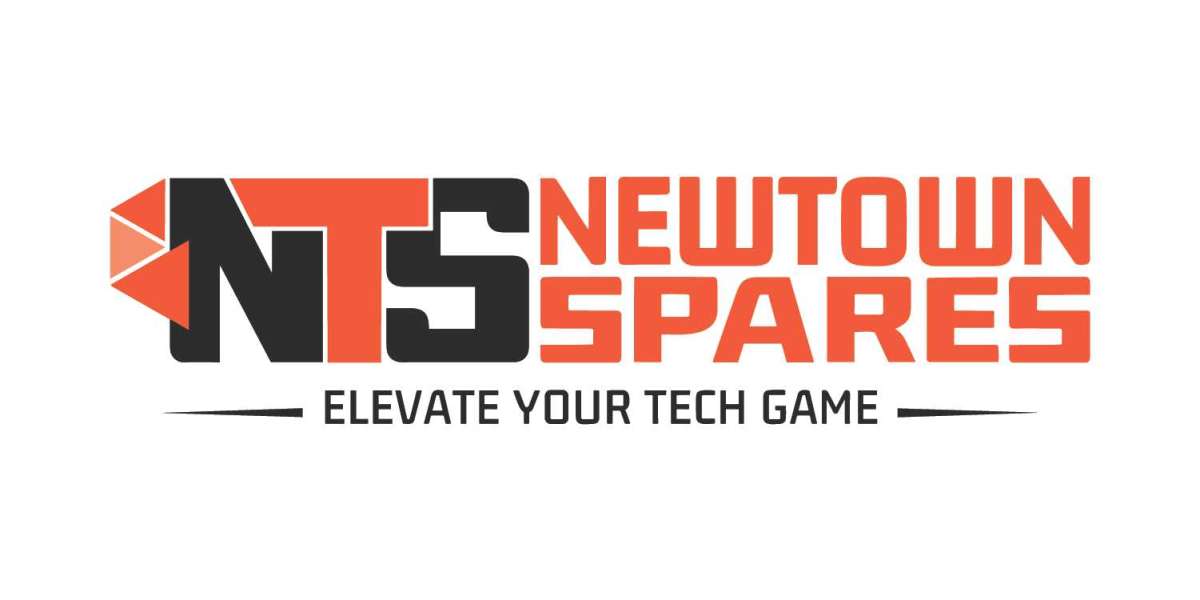Introduction: What is a Server Motherboard?
A server motherboard is the foundational component of a server system, serving as the central circuit hub where all hardware components connect and communicate. Unlike consumer-grade motherboards, server motherboards are designed for reliability, scalability, and performance to meet the demands of enterprise and data center environments.
Key Features of Server Motherboards
Server motherboards are distinguished by features tailored to support heavy workloads and continuous operation. They typically include support for multiple CPUs, large amounts of memory, and advanced connectivity options. Robust power management and error correction technologies like ECC (Error-Correcting Code) memory ensure stability and data integrity in mission-critical tasks.
CPU and Memory Support
One of the defining characteristics of server motherboards is their ability to support high-performance processors, often with multiple sockets for dual or quad CPU configurations. This multi-processor support allows for parallel processing of large-scale computations. Additionally, server motherboards can accommodate significant amounts of RAM, sometimes exceeding terabytes, enabling efficient handling of virtualization, databases, and cloud computing tasks.
Connectivity and Expansion Options
Server motherboards are equipped with multiple expansion slots and a wide range of connectivity options. These include high-speed Ethernet ports, support for RAID configurations, and multiple PCIe slots for adding GPUs, storage controllers, or network cards. This extensibility ensures that the motherboard can adapt to evolving server requirements.
Advanced Management Features
To streamline operations, server motherboards often include integrated management tools such as IPMI (Intelligent Platform Management Interface). These features allow remote monitoring, troubleshooting, and updates, reducing the need for physical access to the server. This is crucial for maintaining uptime and efficiency in large-scale server deployments.
Applications and Use Cases
Server motherboards are essential in various applications, including web hosting, database management, cloud services, and enterprise resource planning (ERP) systems. They form the backbone of modern IT infrastructure, enabling organizations to deliver services reliably and efficiently.
Choosing the Right Server Motherboard
Selecting the right server motherboard requires careful consideration of factors like workload requirements, scalability, and compatibility. Enterprises must evaluate CPU support, memory capacity, and connectivity to ensure the motherboard meets their performance and growth needs.
Conclusion: The Foundation of Server Performance
Server motherboards are a critical component in computing environments that demand reliability, scalability, and performance. From their advanced features to their role in supporting diverse enterprise applications, these motherboards form the backbone of data centers and IT infrastructure. Understanding their capabilities and selecting the right one ensures optimal performance and long-term efficiency for any organization.



